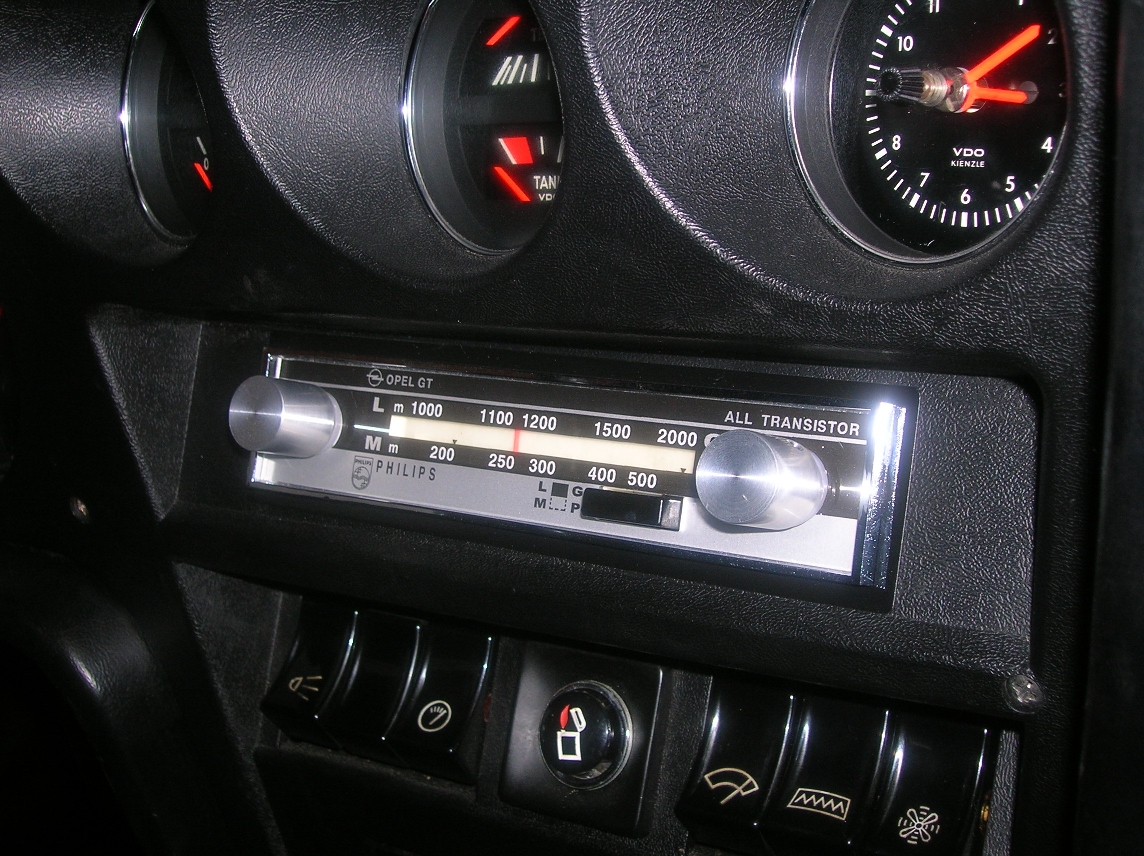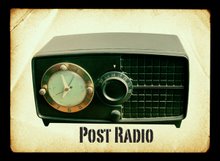
Music is arguably one of the greatest achievements us as humans have ever created. The ability to manipulate air into desirable frequencies that our ears can decipher and analyze into recognizable patterns is perhaps one of our crowning achievements as homo-sapiens. Our methods of sharing music have changed greatly over the past few millennia. In the beginning everything was shared from person to person. You, or a group, played a song and your audience heard you. Around a hundred years ago that all changed. With Edison’s invention we were able to record our sounds and play them back at our discretion. From there the methods of recording changed, as did the ways of spreading them. Arguably the most critical invention in the sharing of music was the radio. For the first time a nearly unlimited number of people could listen to the exact same thing even if they weren’t in the immediate proximity of you. Radio brought everyone together, and suddenly there was a musical renaissance with new genres being created and expanded almost instantaneously. It wasn’t until the advent of MTV that “video killed the radio star” and brought something that had as much power over the musical landscape. Despite that radio was strong and while that eventually led to a marketing fueled stagnation of the music world, it still was an almost necessary method of distributing music to a mass audience. That’s why it’s kind of sad to say that radio is seeing its last days.
This might sound like a brash statement but unfortunately it is an almost certain one. Once again the technology gods have spoken and from their murmurs a new muse has emerged… the Internet. Well, not exactly the Internet, but the Internet era. Ever since music was digitized to CD and then to hard drive, the radio era has been forced to look in terror to the horizon. What made radio so great was the ability to listen to hundreds of artists with a tying link (even if that was the simple choice of the DJ) that still had some variety to them. Even if you had to pay with your listening time due to commercials, radio has always been a free commodity for those who can afford receivers, something that no other medium could afford. The Internet changed all of that by allowing people to pick and choose their favorites from… well everything. They could create their own radio stations in the form of playlists and create a mix that suits their personal needs for everything from throwing a party to studying. And while steps have been taken to legalize a lot of the downloading necessary (for music that isn’t legally ripped from CDs) for these mixes, most music is still freely exchanged over p2p networks and less than reputable sites. This may sound like common knowledge to anyone under the age of 26 who hasn’t been hiding under a rock, but not good enough reason for the demise of the radio.
To be totally honest “radio” will not die, the transmission of information via radio frequencies will still remain, they will just be digital instead of analog. And I’m not talking about satellite radio or HD radio. There is no reason to ignore the fact that odds are, in a few years, there will be wireless internet access nationwide in America (or at least in major driving/living areas) much like current cellular networks. What’s been keeping radio in business is mainly the car. Most people can’t use their computers with them in their cars and people’s mp3 players often have the music that they are limited to, not the “random” selections presented by radio stations. As wireless networks, on-demand music services, and portable (car installed) mini-computers become more available people could have an almost endless amount of music with them at any given time. With this, there would be no reason to sit through commercials, or even unfavorable songs. The DJ of the future should be intelligent playlisting. Imagine, you turn on your car and put on a song you’ve been in the mood to hear. For the next song you can choose your style of repetition, continue playing that album, that artist, similar era, similar subgenre, genre, mood, or just have it go to another song that you like. You could skip songs that you don’t want to hear or just choose another song from scratch. All of these playlisting options are available through music services like Napster and Rhapsody. These intelligent playlists would allow people to discover new music while not having to venture too far into territory they don’t want to. I actually know a man who has built a system like this in his own car (only it has integrated streaming video as well) using cellular technology. His broad concept only cost around $1400 to make from scratch along with around $140 a month in fees. While some audiophiles are willing to pay that much for a standard car stereo with market production these costs would of course go down dramatically and most people don’t need the streaming video services. Feasibly someone could buy a $300 LCD/HDD receiver and with a reasonable $40 monthly wireless subscription and $30 music library subscription to create this system on current technologies and even more streamlined in near-future technologies. Of course, with all predictions, there is a high possibility that things will not pan out this way but there is no reason for it not to happen considering the easy transition time and marketability. As with many other situations globally, human intervention is becoming less and less necessary or desirable. In the next decade the radio as we know it could be dead, and the DJ of old replaced with the data tags, infrastructure, and you.

No comments:
Post a Comment